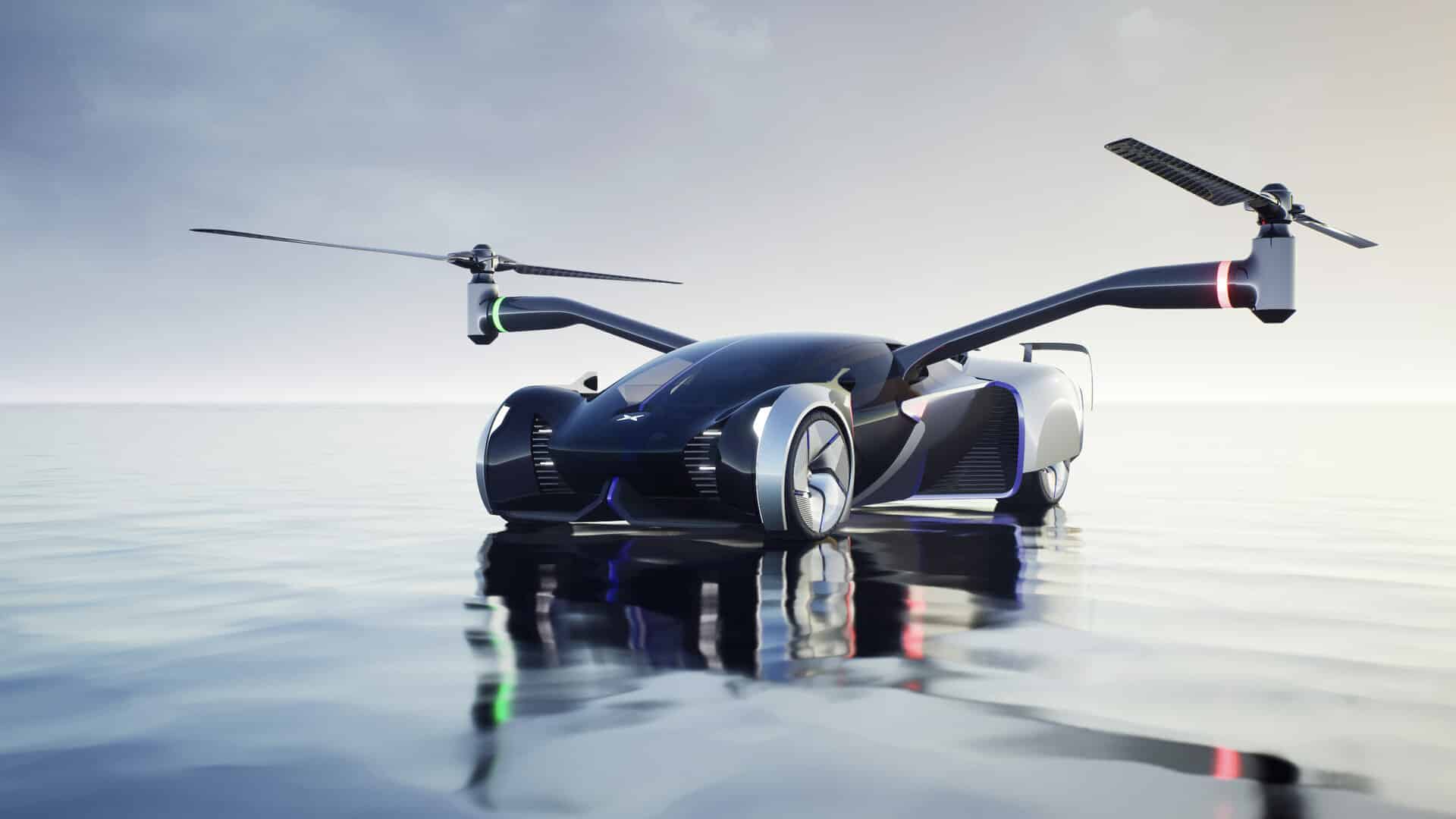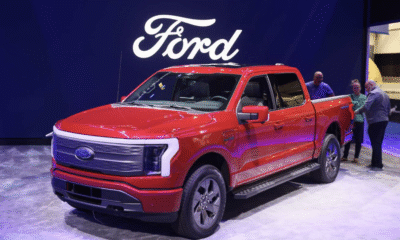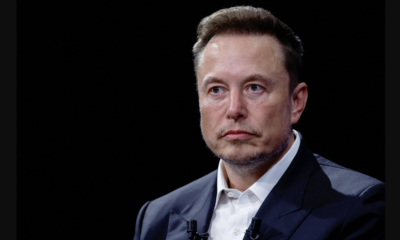HT Aero, which is backed by Chinese electric vehicle manufacturer XPeng, has secured USD 500 million through a Series A funding round to develop a flying car by 2024. The urban air mobility company publicized a flying car on Sunday, which could also be driven on roads.
Deli Zhao, HT Aero’s founder and president, in a press release said the financing will provide the company with sufficient resources to advance its research and development, acquire top-tier talent and to continue to gain airworthiness provision and certification. “Our next generation model will be a fully integrated flying vehicle and automobile, designed for both low altitude air travel and road driving. We are planning for an official roll-out in 2024.”
He Xiaopeng, founder and chief executive, said the company’s mission has always been to explore efficient, safe and carbon neutral mobility solutions that go beyond smart electric vehicles. “What we are seeing is the integration of the three driving forces of smart mobility – disruptive technology, new sources of energy and mass production.”
Since 2013, HT Aero has developed multiple eVTOL prototypes and claims to have conducted more than 15,000 successful crewed test flights. It highlighted the most recent model – fifth generation, all-electric X2, a two-seat multicopter designed to cruise at a maximum speed of 130 kilometers per hour with an endurance of 35 minutes. The company envisions occupants controlling their flight with one-key start, one-key return, one-key landing.
Moreover, the flying car will perform intelligent autonomous flight route planning, comprehensively evaluating factors including surrounding buildings, no-fly and restricted areas, and weather conditions.
Also Read: Biocon keen on US insulin market, expects growth of $30 billion by 2025
HT Aero wants to develop vehicles for individual consumers and not for ride sharing services as most eVTOL developers are doing. But experts say making personal flight broadly accessible in urban areas will require high levels of aircraft autonomy, suitable infrastructure, air traffic management solutions, and regulatory paradigms. And none of these currently exist.











































Pingback: Clean tech companies have raised $32 billion so far this year.